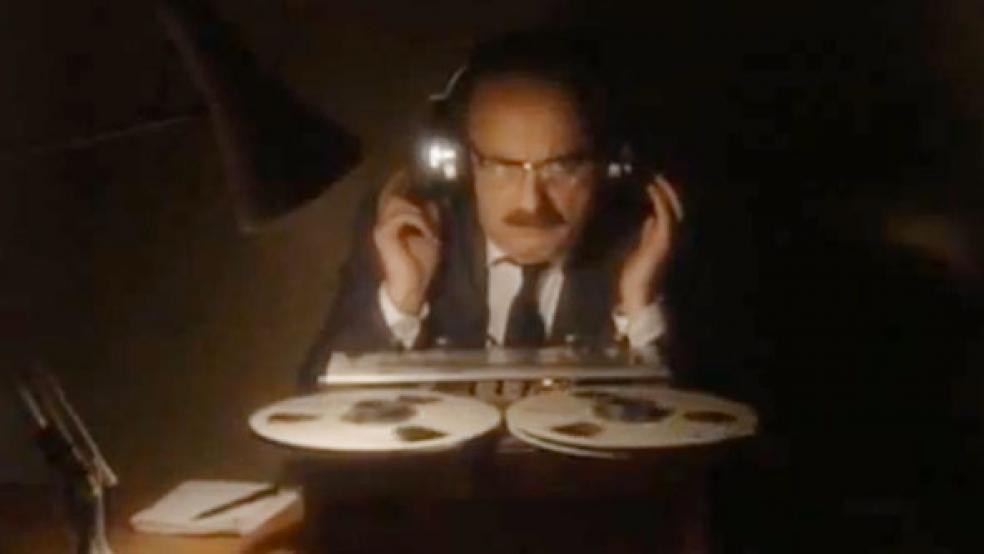The government spends hundreds of millions of dollars each year listening to Americans’ secrets in order to keep the country safe.
But is it paying off?
According to the U.S. Federal Court system’s annual wiretap report to Congress released last week, just 18 percent of the 3,395 wiretaps authorized by federal and state courts last year –averaging $50,000 each--led to convictions. The majority --85 percent--were for drug-related charges.
Still, lawmakers and prosecutors say wiretapping is an important investigative tool that has been instrumental in solving many high level cases. In Orange County, California, for example, police said wiretapping was essential in solving a 24-year-old cold homicide case that would have otherwise remained unsolved.
The price of wiretapping includes the cost of installing intercept devices and monitoring communications, and can vary greatly depending on the method used and the length of the investigation.
For instance, the cheapest wiretap last year cost $176 in Burlington County, New Jersey. Meanwhile, a wiretap in the Eastern District of Washington cost $872,841. The report, which was intentionally vague to protect ongoing investigations, did not specify which wiretaps led to convictions.
The report also said that compared to the previous year the use of wiretapping increased by 24 percent. And that’s only likely to increase. In May, the New York Times reported that the Obama administration plans to expand and modernize its wiretapping program by including Facebook and Google instant messages.
Under the Fourth Amendment, which protects against unreasonable search and seizure, these wiretaps would still be subject to authorization by a judge and supported by probable cause, just like tapping a phone.
To be sure, the report only includes wiretapping ordered by U.S. courts. So, this does not account for surveillance conducted by the National Security Agency, which has gained widespread media attention in the last month after former NSA contractor Edward Snowden exposed the secret program’s existence.
Those types of surveillance, however, tend to be much less expensive. According to the Associated Press, the federal government pays anywhere from $250 to more than $1,000 per wiretap depending on the carrier.
Industry disclosures provided by Rep. Edward Markey, D-MA, state that AT&T charges $325 for each wiretap, and then a $10 per day fee. Verizon charges the government $775 for the first month of wiretapping and then an additional $500 each month after that. Internet surveillance can sometimes be free.
Here are some other findings in the report on court ordered wiretaps.
• 3,395--- The number of wiretaps ordered in 2012
• $50,452--- The average cost of each wiretap order
• $872,841--- The highest cost of a federal wiretap in the Eastern district of Washington
• 455---The people convicted after being subjected to a wiretap
• 95 percent ---are telephone wiretaps, the majority using cell phones
• 87 percent--- The number of wiretap orders related to drug charges
• 39-days---The average duration of a wiretap in 2012
• 24 percent---The year-over-year increase in wiretaps in 2012
• 18 percent --- The number of wiretaps that led to convictions





